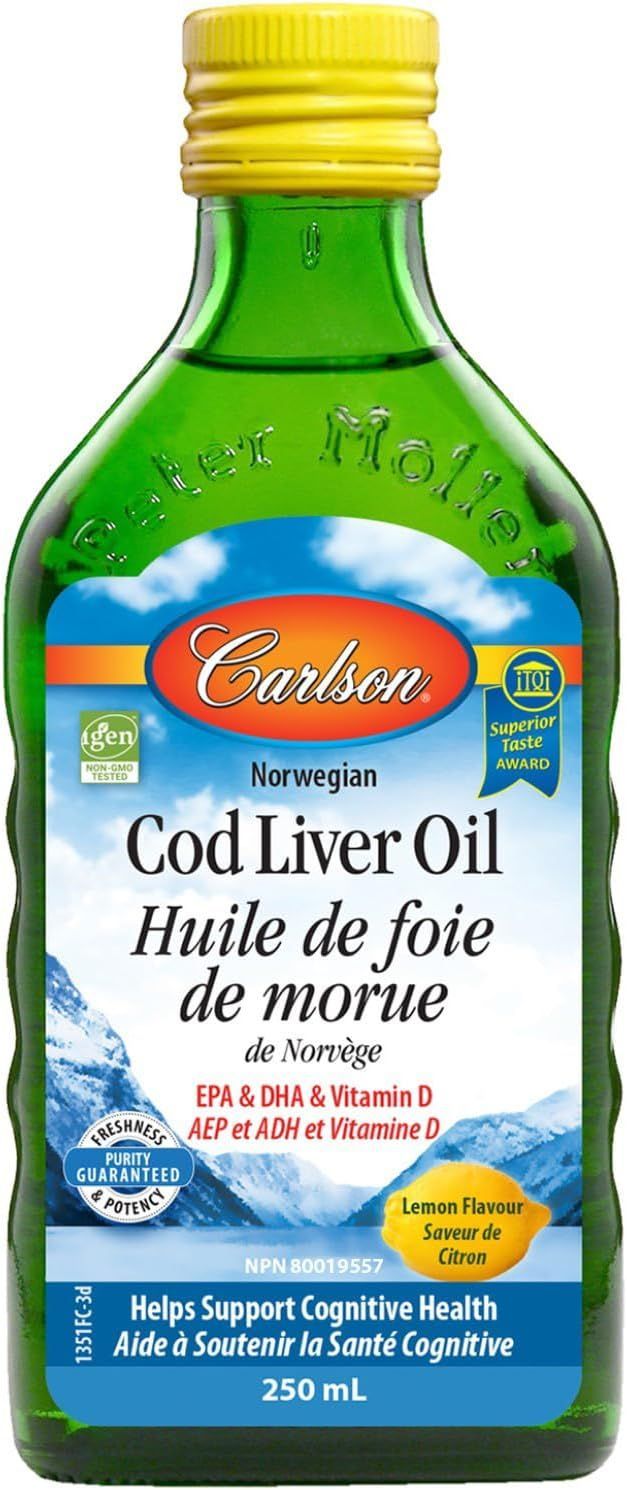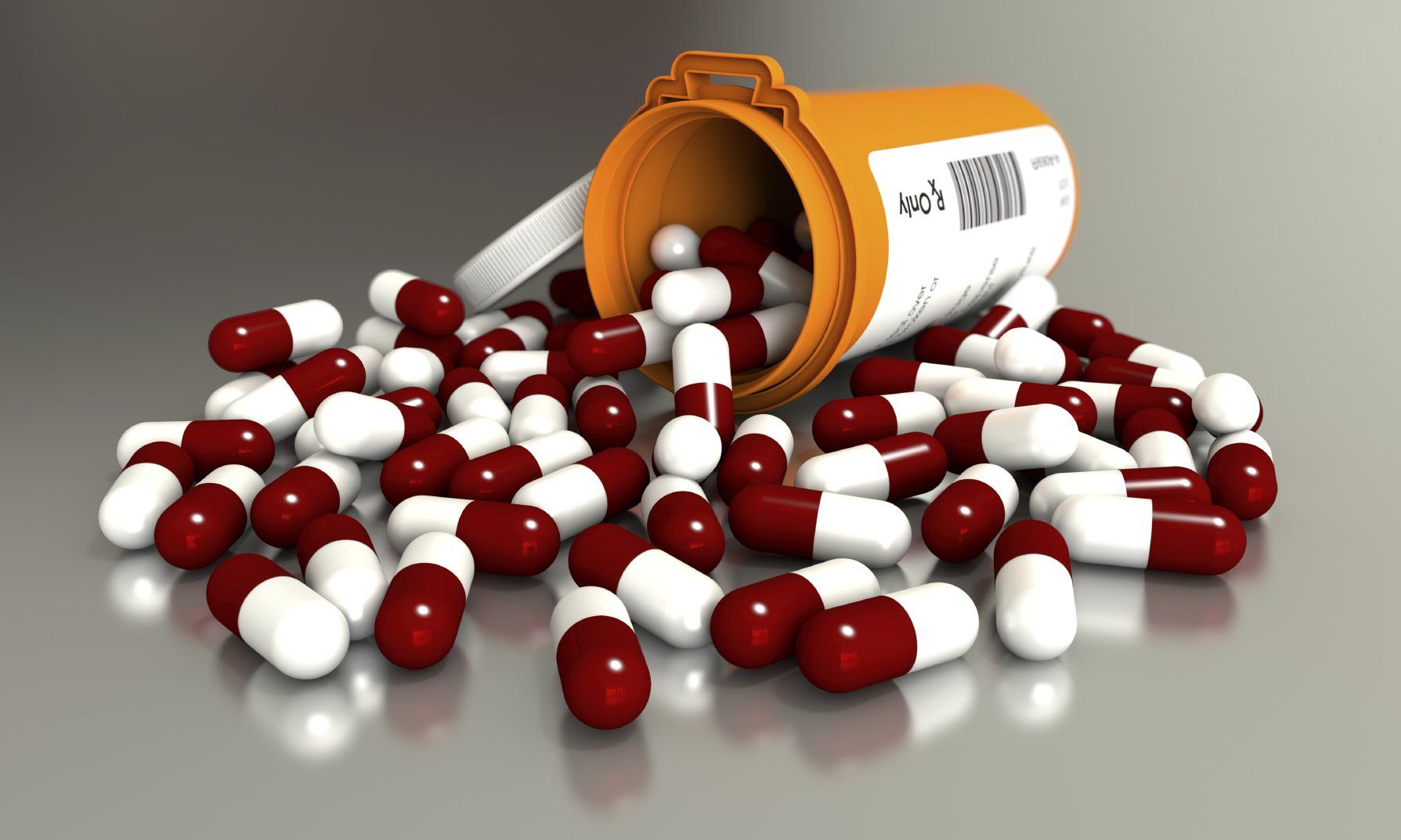Vitamin D: Symptoms, Food Sources, functions & more

Introduction- Vitamin D: The vitamin & Hormone ⬇️
Vitamin D or Cholecalciferol. The name has "chole" attached to it because cholesterol is tied to it...meaning you need cholesterol to have good Vitamin D and vice-versa. 🙂
Vitamin D is a fat-soluble vitamin that has two forms: vitamin D2 and vitamin D3. Fat soluble means that the vitamin requires proper amounts of fat to be absorbed properly- they are stored in fatty tissue.
Although many doctors may give an injection/pill of the vitamin D2 form, this form doesn’t have long-lasting effects in the body. The body prefers vitamin D3, which you can only get from the sun and animal products naturally. Vitamin D is the only vitamin that can be obtained from sunshine – and the only vitamin that is considered a hormone.
Vitamin D2 may be found in some plant foods as well as some supplements. Vitamin D3 is found in animal foods, eggs, fish and in supplements. Be aware that the supplement Vitamin D3 is not always the same as getting it from food.
"The body prefers vitamin D3.. which you can only get from the sun and animal products naturally. "

Core functions of Vitamin D:
- Immune system health. Having low vitamin D greatly reduces your immunity.
- Helps develop and maintain healthy Lungs
- Helps keep your arteries healthy
- Strong bones
- Teeth health
Symptoms of Low Vitamin D
- More susceptible to colds and flu
- Sexually Transmitted Diseases
- Muscle weakness
- Back aches and/or overall body pain
- Depression/suicidal thoughts
- Cognitive disorders
- High amounts of Inflammation in body
- High blood pressure
- Being Bow-legged
- Heart Disease
- Heart Failure
- Stroke
- Arteriosclerosis

Some food Sources of Vitamin D2 and D3 (From greatest to least)
- Salmon
- Sardines
- Mackerel
- Tuna
- Liver
- Mushrooms (Vitamin D2)

How much Vitamin D do I need?
The RDA (Recommended Daily Allowance) for Vitamin D was 400mg for decades. But it has recently risen to 600 - 800 IU per day.
For reference: Wild salmon has around 900IU of Vitamin D3..which satisfies your requirement for the day. One cup of white mushrooms has about 5IU of Vitamin D2. I love mushrooms and they are healthy but they are not a great source of Vitamin D- especially since it is Vitamin D2.
Get your vitamins from food when you can. The pill and the real food is not the same!
How much Vitamin D can also vary based on your current health. For example, people with erectile dysfunction may need more Vitamin D, so do diabetics! So, make sure you consult with a nutritionist to get custom numbers for your body.
Supplements?
The only supplement I really love that can help with Vitamin D is wild cod liver oil. I personally use the Carlson brand capsules. But if you don't mind the taste of fish oil you can get the liquid too.
Conclusion
Studies have shown that Vitamin D deficiency is a global issue that effects billions and can effect both young and older people.
You should be tested for Vitamin D deficiency at least every season. Winter, Spring, Fall, and Summer. A blood test is used to measure vitamin D levels in the body called 25 hydroxyvitamin D.
Many doctors are now testing their patients for vitamin D levels, especially if the patient asks for the test. Make sure to request a follow up in 3-4 months.
If you need creative and easier ways to increase your Vitamin D levels and getting healthier please schedule a 1 on 1 call below.













